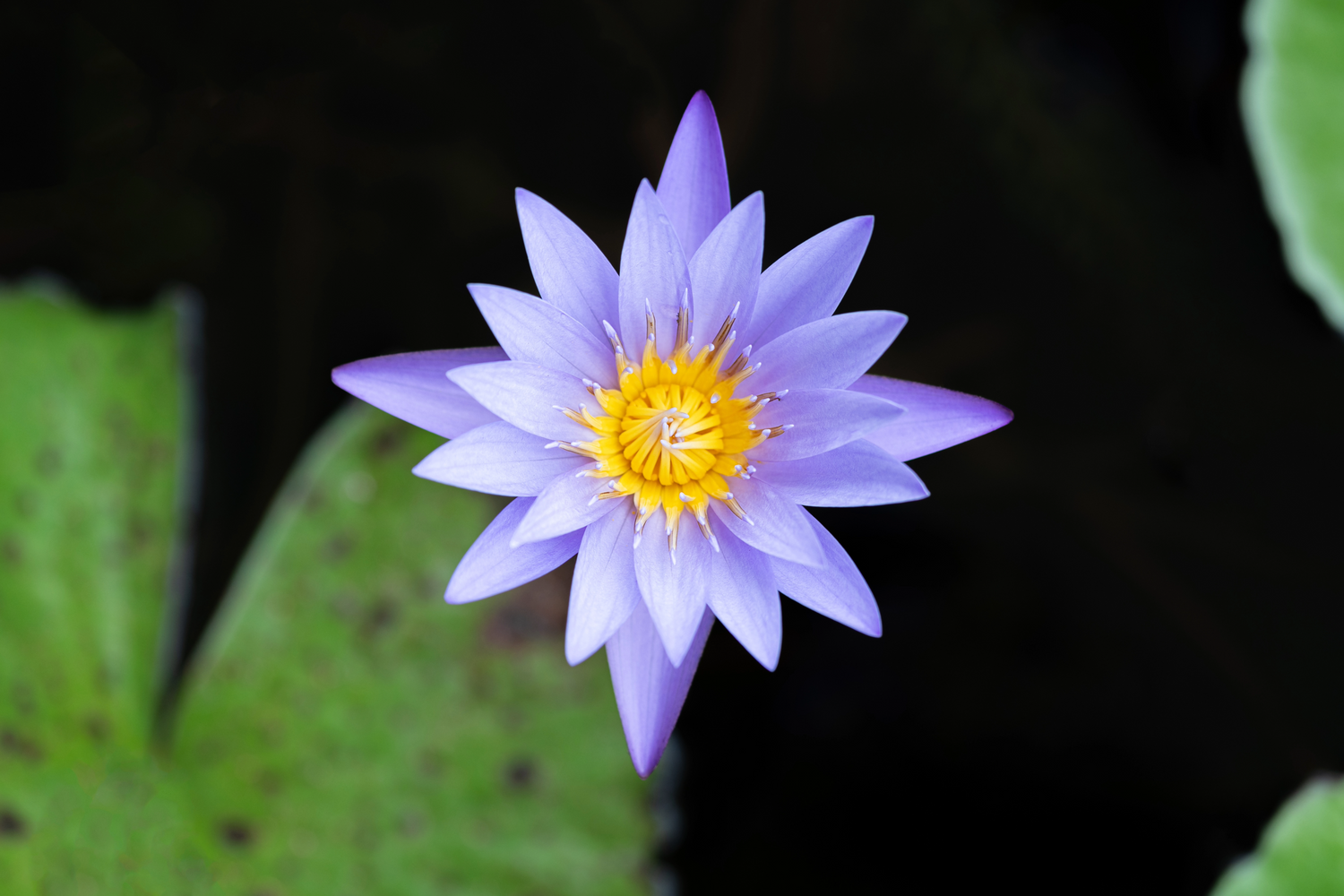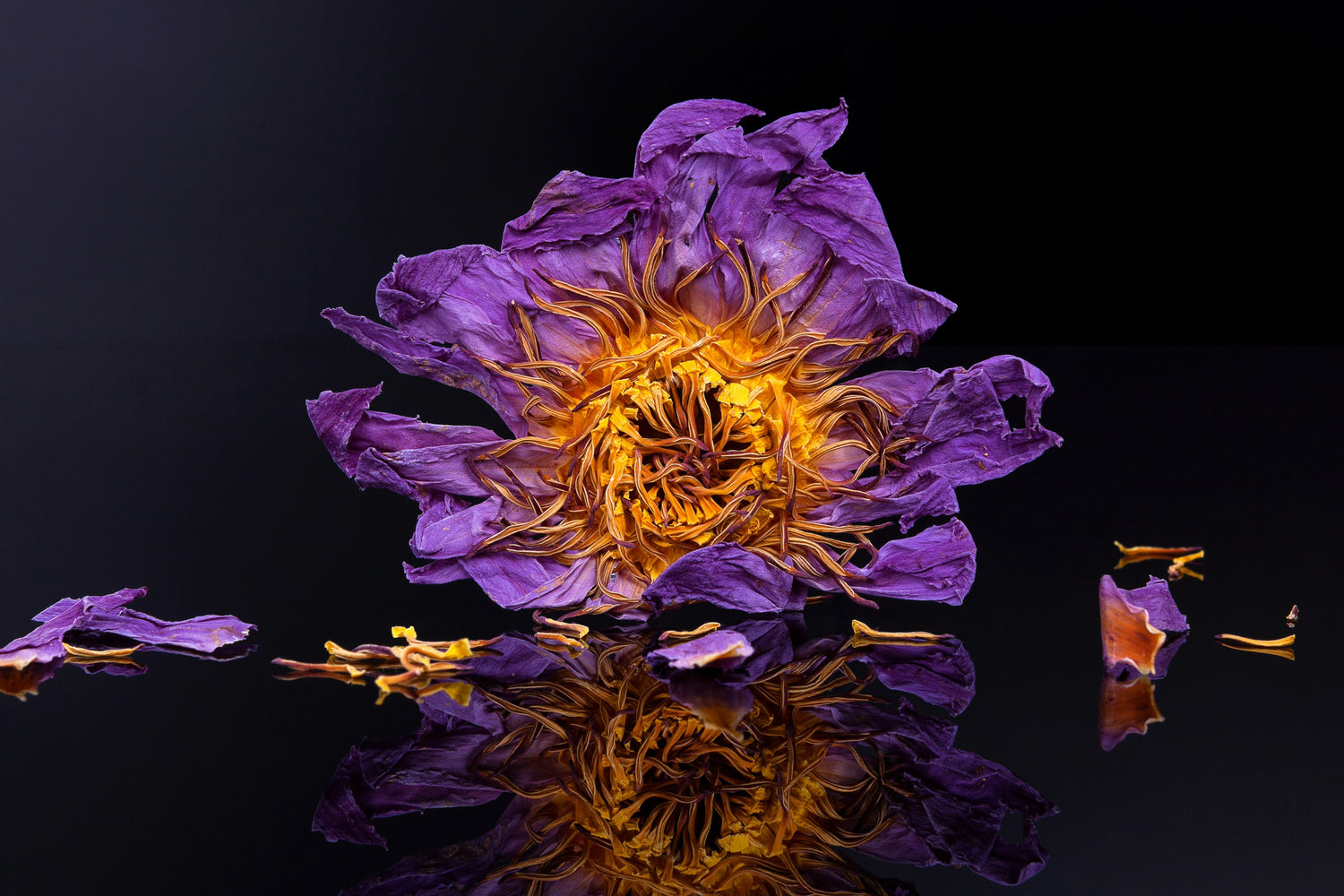
Healing Herbals
Blue Extract Lotus Capsules
Blue Extract Lotus Capsules
Couldn't load pickup availability
Blue Lotus Capsules – 250 mg Extract
Product Description
Each capsule contains 250 mg of standardized Nymphaea caerulea extract (Blue Lotus), also known as the Blue Egyptian Lotus or Sacred Blue Lily. The capsules are vegan and gluten-free, pre-measured for simple and consistent use.
Begin with 1 capsule to gauge personal response, and use up to 4 capsules daily as needed.
History & Traditional Use
Blue Lotus has a long-standing place in cultural traditions, especially in ancient Egypt, where it was valued in rituals and symbolic practices. Today, its legacy continues in a convenient capsule format.
Usage & Directions
- Take 1–2 capsules with water or mix into a beverage.
- Suggested timing: 30–60 minutes before the desired effect.
- Begin with 1 capsule to assess response before increasing.
Ingredients
- Nymphaea caerulea (Blue Lotus) standardized extract – 250 mg per capsule
- Plant-based capsule (vegan, gluten-free)
Notes
- Rare effects may include mild drowsiness.
- Legality varies; please check local regulations.
FDA Disclaimer
This product has not been evaluated by the Food and Drug Administration. It is not intended to diagnose, treat, cure, or prevent any disease. Consult a qualified healthcare professional before use, particularly if pregnant, nursing, or taking medication. Keep out of reach of children.
Share


Blue Lotus and Quality
Healing Herbals works closely with small family lotus farms and through sustainable and ethical sourcing of Nymphaea caerulea. Our sources always grow organically, avoiding heavy synthetic fertilizers. Our blue lotus flowers come from well-managed farms or sustainably maintained wild ecosystems on private lands.

History of Blue Lotus
Blue lotus, or Nymphaea caerulea, was highly valued in ancient Egypt, appearing in art, jewelry, and temple carvings. Its striking blue flowers symbolized the sun, creation, and rebirth, and it was often included in religious ceremonies along the Nile. The plant’s presence in tombs and artifacts highlights its cultural and spiritual significance throughout Egyptian history.
Over the last 2 thousand years this flower has been cultivated, bred and ecologically diversified to include several known cultivars and varieties including the Purple Thai, Egyptian Blue, and other subvarieties.

